Sosenki
Before the Second World War Rivne was part of Poland and the largest city in the province of Volhynia. When the Germans occupied Rivne in late June 1941, about 25,000 Jews lived in the city. Sporadic murders and pogroms followed the occupation and a Jewish ghetto was established. Only Jews with special documents that proved that they worked outside the ghetto were allowed to move back and forth. For the rest it was strictly forbidden and punished with death if they did. In order to make room in the ghetto and to get trid of Jews not able to work or superfluous, the germans decided that majority of the Jews would be murdered. On November 6, 1941, the Germans ordered all the Jews in Rivne who did not have special documents to appear in a square in central Rivne.
The pretext was that they would be taken away to be put to work elsewhere. From the square, the Jews were taken to a wooded area east of Rivne called Sosenki. Upon arrival, the Jews were forced to hand over their luggage, possessions and undress. Then they were shot by Nazi killing squads with the assistance from Ukrainian auxiliary police. The bodies were buried in pre-dug mass graves. During the two day action, about 17,500 Jews from Rivne were murdered at Sosenki. The 5,000 Jews with special documents were brought to a new smaller ghetto. This ghetto existed until July 1942 when the remaining Jews were shot outside Kostopils, about fourty kilometres north of Rivne.
Current status: Monument (2019).
Location: 50°36'57.11"N 26°18'49.88"E
Get there: Car.
Follow up in books: Burds, Jeffrey: Holocaust in Rovno (2013).
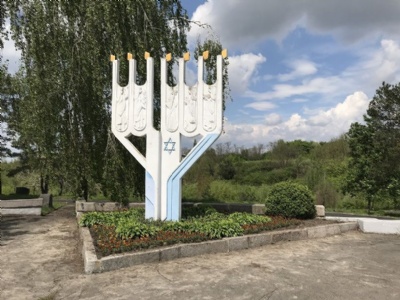
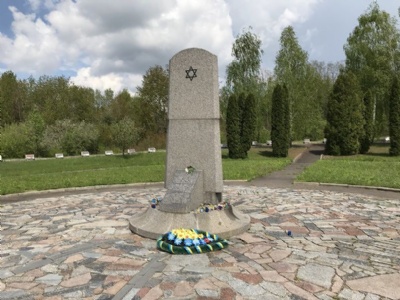
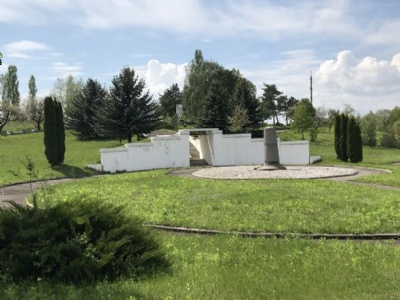
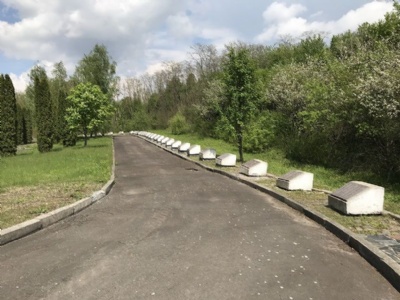
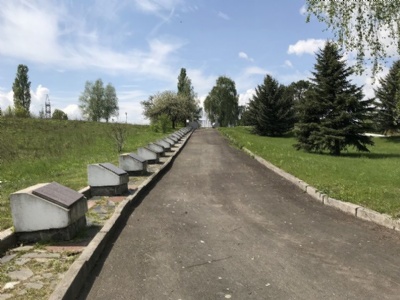
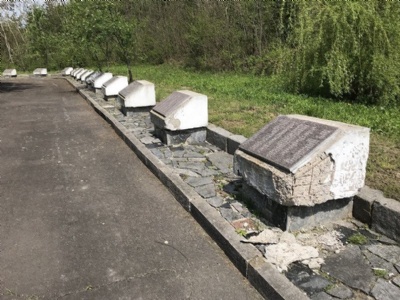
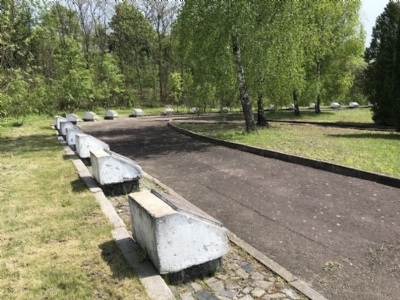
Sosenki is located in the outskirts of Rivne along the main road between Rivne – Zhytomyr. The place is atmospheric and has the character of a memorial and consists of several monuments linked by small paths. The site is not dilapidated but it is in need for some maintenance work. But at the same time, there is something atmospheric and beautiful about places like Sosenki that balances between conservation and decay without, for that matter, crossing the line of what is considered unworthy.